Educational Sessions
Smooth Waters never made a good sailor:
How Student Affairs Navigating the waters of a changing Texas
|
Opening Keynote: Shellbacks & Swallows The Shellback Turtle is a symbol of achievement among Sailors, signifying the crossing of the Equator; The Swallow is a symbol signifying 5,000 nautical miles traveled by sea. Each serve as a celebration of work completed, but also as an outward symbol to others of experience gained through hard work. |
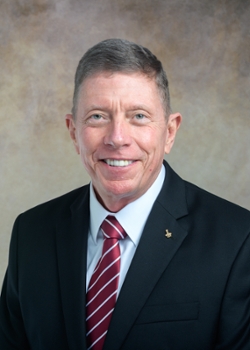 Col Michael E. Fossum, USAFR (Ret.)
Col Michael E. Fossum, USAFR (Ret.)
Celebrating the Exploration and Accomplishments of the Last Two Years at Sea
After a brief welcome and overview of the schedule, Colonel Fossum will open the conference with a celebration of the work done system wide by our Student Affairs professionals. In a moment, our students were sent home, and SA pros became quarantine experts, and shifted programming meant to get students out of their rooms to interact into ones that would encourage them to build communities virtually from the safety of their rooms. When our beloved students returned, we became “DoorDash”, and “WebMD’s” and online resource managers. Through it all, the need for community and the “college experience” has never been more obvious to executive administrators and faculty alike. SA professionals were heroes and keepers of the flame. That deserves to be celebrated!
|
Education Blocks 1 & 2: The Shark Often Sailors would use symbols and icons as protection against the many dangers that they faced at Sea. Especially popular is that of the Shark added to the feet to ward off attacks in the case of extended time overboard. This session group will highlight one of the next big challenges facing the future of the US, and Higher Education in Texas, acutely: swift and precipitous changes to the demographics of the “average” College Student. |
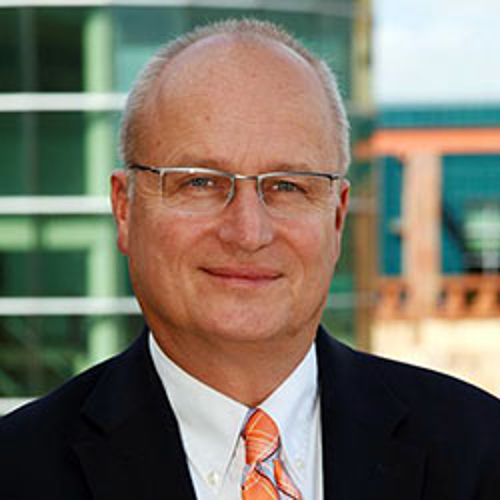
The New Horizon
Dr. Potter, the Demographer for the State of Texas, will talk about the “population bomb” nationwide showing that the national cohort of traditional college-aged students is tapering and dropping with multiple states already showing negative growth. The only growth of this national population is found from the south/southwest of America. The students of this cohort are more diverse, less likely to meet the traditional measures of “college readiness” and are increasingly from homes with complicated citizenship status. This presentation will highlight the increasing need of Student Affairs to proactively prepare for students with changing needs and priorities.
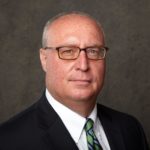
Making Waves
Jerry Brown and Jacob Becker, Office of General Council will discuss current and expected trends in compliance facing Student Affairs professionals in Texas. Topics to be covered include students with unclear citizenship status, freedom of expression issues, and issues arising from the most recent legislative sessions.
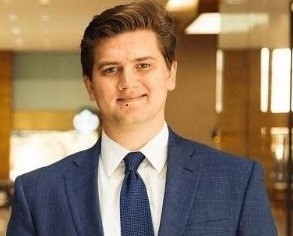
|
Education Block 3 & 4: The Nautical Star The Nautical Star has long served as a representation of the North Star -the guiding star- often used as a central point of reference for celestial navigation. It is a symbol of the ability to persevere through disorientation and honors the belief that a sailor will always find their way home. This session group will highlight current initiatives and best practices already underway to guide planning and action for meeting the challenges and serve changing student demographics. |

Making the Right TACk
The American Association of State Colleges and Universities (AASCU) has selected 15 institutions, including two state systems, to participate in the newly launched Transformation Accelerator Cohort (TAC). The program, funded by the Bill &; Melinda Gates Foundation, is designed to help institutions eliminate race, ethnicity, and income as predictors of student success. Texas A&M System Schools (Prairie View, Kingsville, San Antonio, Corpus Cristi and System Office) represent 5 of the 15 schools that make up the inaugural TAC.
Dr. Mari Fuentes-Martin will lead a presentation/panel to educate attendees on what the TAC is, give an idea of what to expect, and share some hard-won wisdom from those in the process of implementing it. Most importantly of all, we will learn how it can help System campuses in serving our most vulnerable student populations.
Transformation Accelerator Cohort Slides Handout
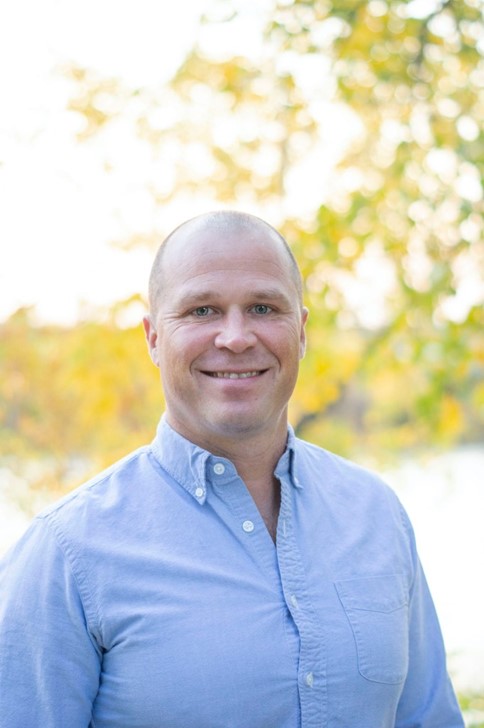
Anchors Aweigh
Keith Edwards, Phd. will end the day by sharing a presentation on the Curricular Approach. Made popular by ACPA, the Curricular Approach is a set of processes, practices, and principles specific to Student Affairs to guide Division-wide responsibilities in their education of students. Dr. Edwards will challenge you to reframe the work Student Affairs Professionals do, not merely as serving to support education, but to lead education on our campuses.
Curricular Approach Resource Website
Curricular Approach Resource Handouts
|
Closing Remarks: The Compass A classic nautical compass tattoo connects to the sailor roots of the design. Compasses were instrumental in the long ocean voyages of the past, so a nautical compass tattoo could represent hope and faith in finding your way home. The final session group will serve as a summation of the themes discussed while also centering the role of the attendees in the mission yet to be accomplished. |
Fair Winds & Following Seas
The final closing given by Dr. Dakota Doman, will tie the various threads of our learning together and lead the attendees in a charge to take all the gains from the last two days, the learning and connections made, and use them as a stepping stone to future success. We’ve done great things in Student Affairs and accomplished the near-impossible on-the-fly, showing our versatility and growing in the grace we’ve both given and received. We see our next great horizon to explore ahead of us and have discovered how we will do it with the individualism our various constituents require, and yet with the solidary we share in each other. Our students are worthy, and the work is worth doing. We are ready, willing, and able. As Alexander Pope said: “On life’s vast ocean diversely we sail. Reasons the card, but passion the gale” (An Essay on Man; Epistle II, ll. 107-108, 1633-4).
